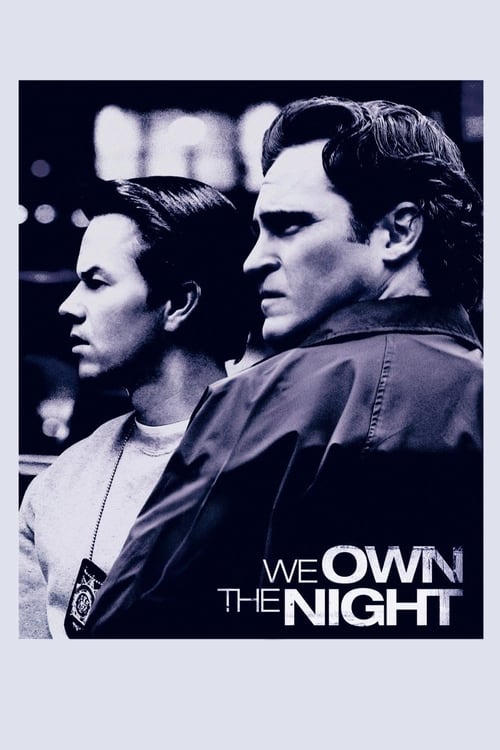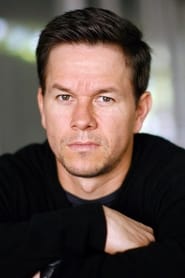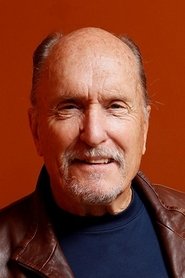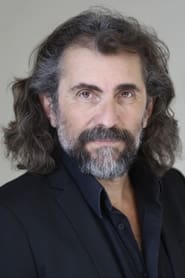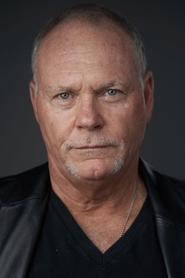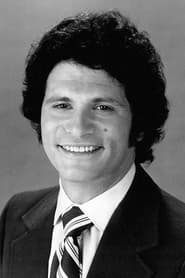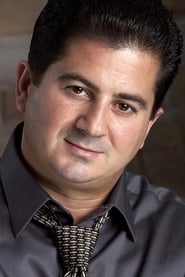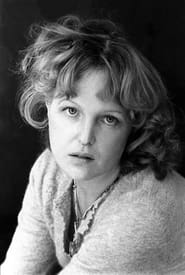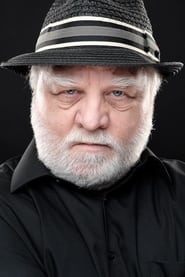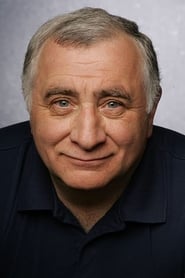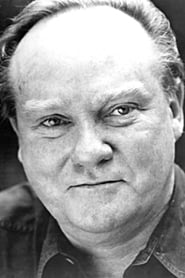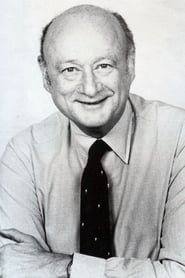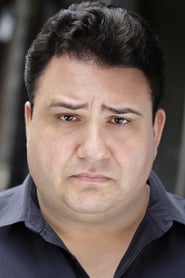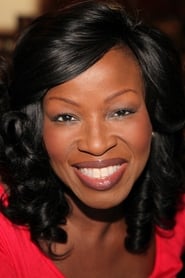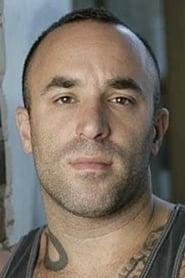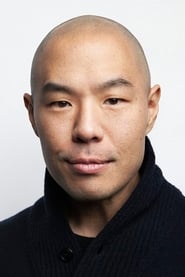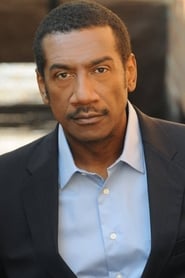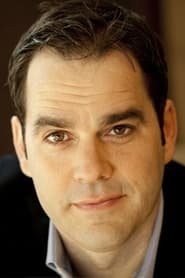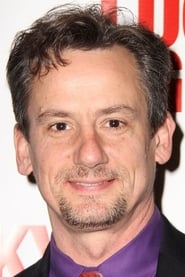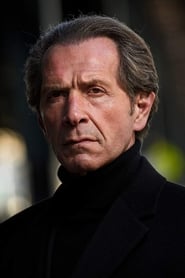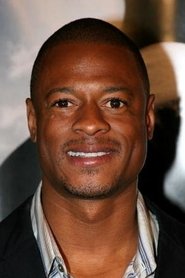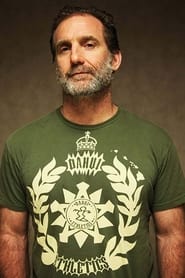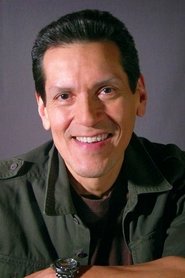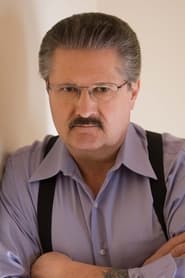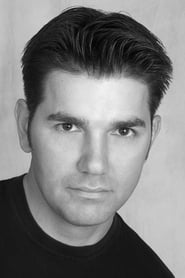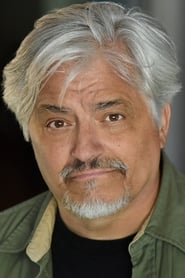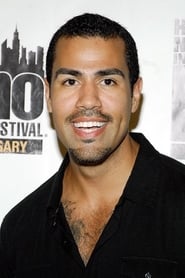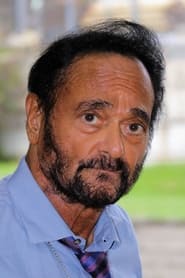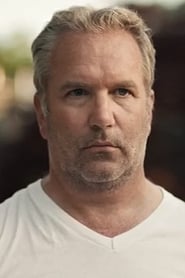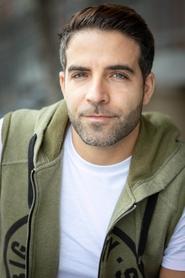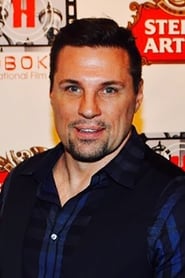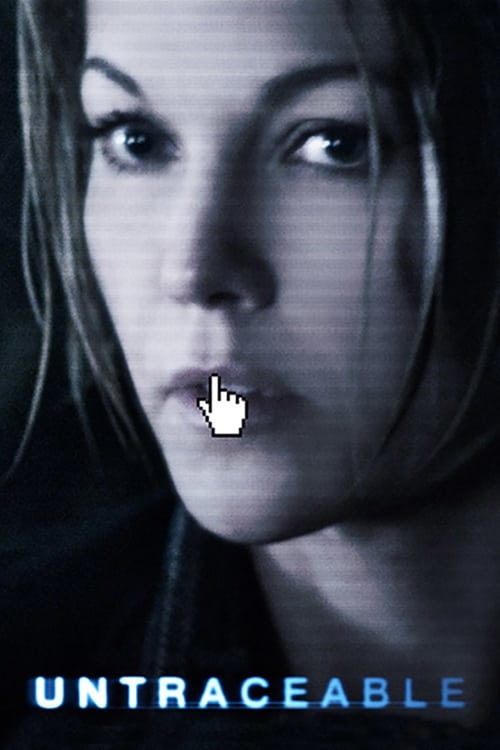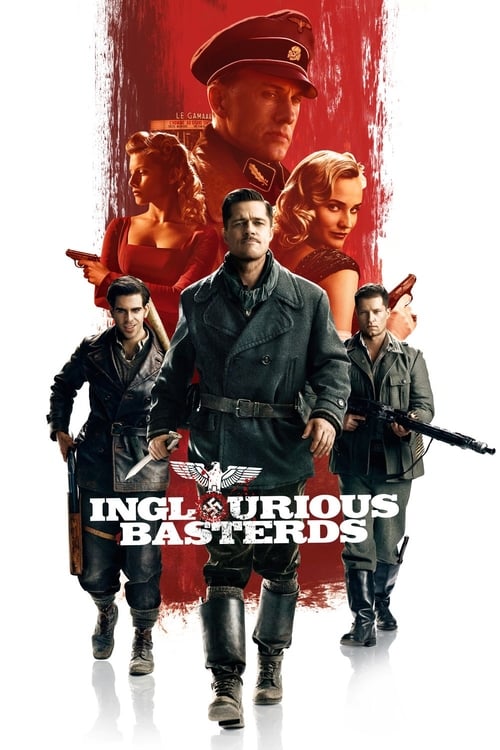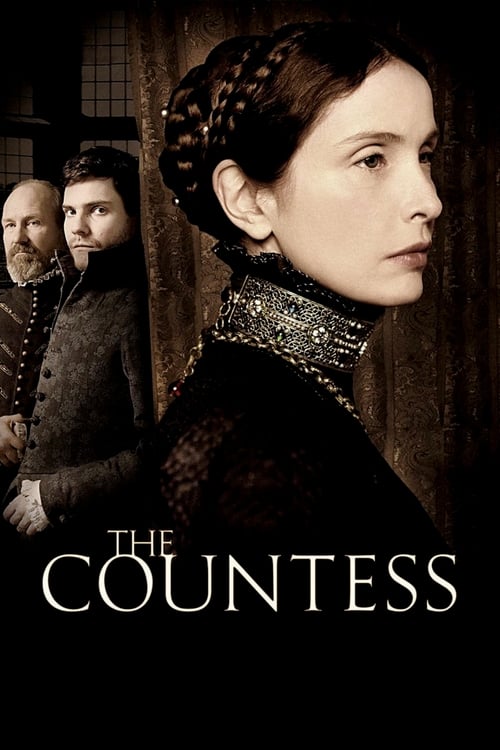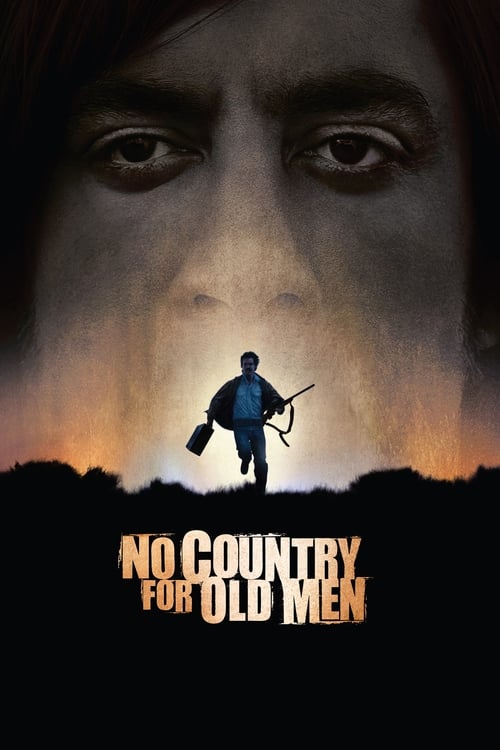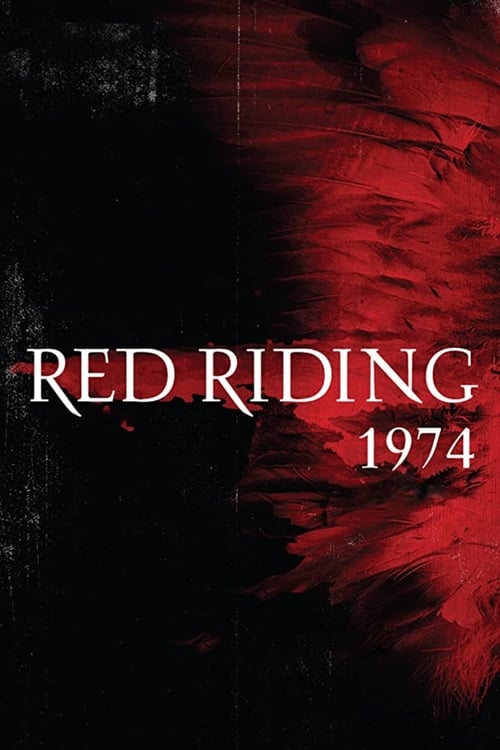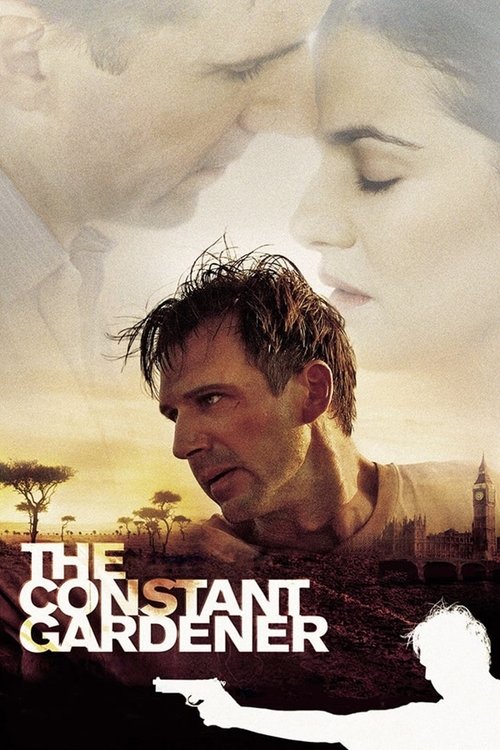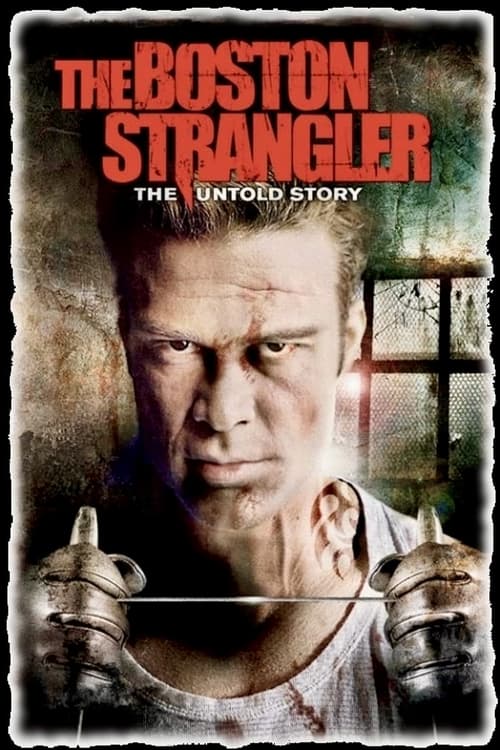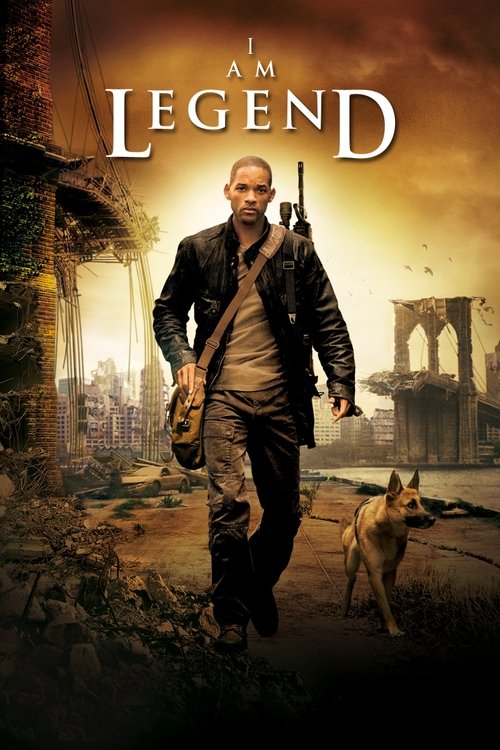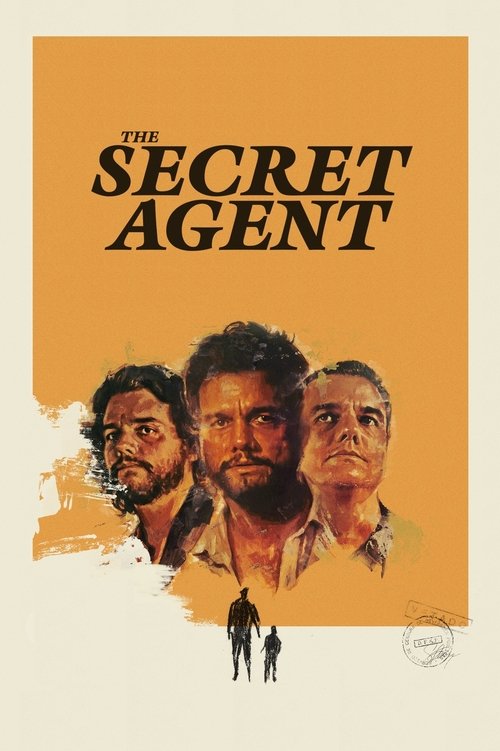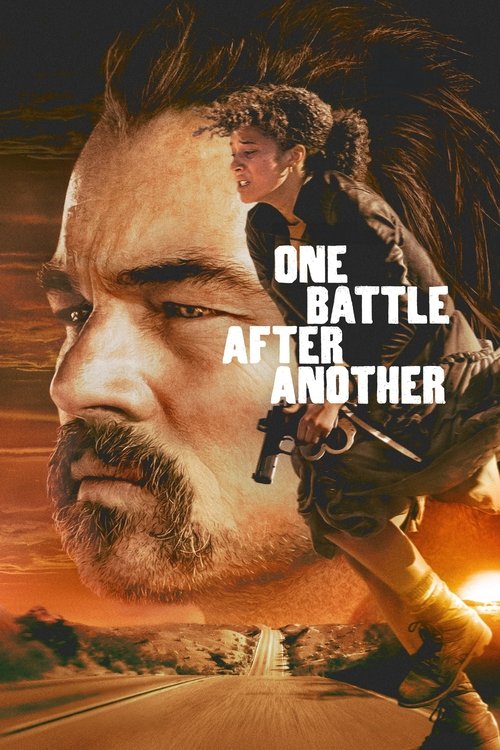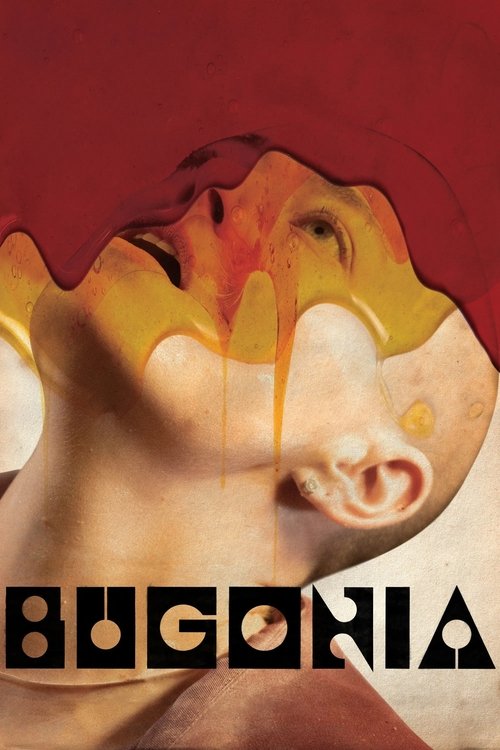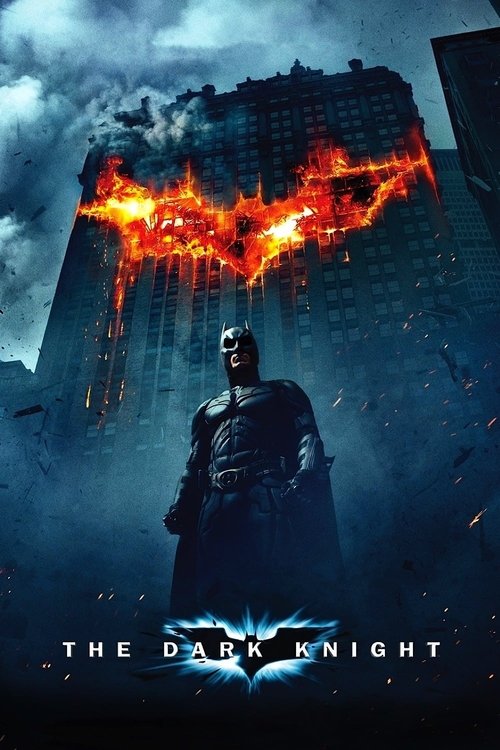
Ask Your Own Question
What is the plot?
What is the ending?
In the ending of "We Own the Night," Bobby Green confronts the consequences of his choices as he seeks to protect his family. After a series of violent confrontations, he ultimately decides to take a stand against the drug dealers and the corrupt elements in his life. The film concludes with Bobby's transformation as he embraces his role in law enforcement, leading to a climactic showdown that results in the death of his brother, Joseph, and the arrest of the main antagonist, while Bobby reconciles with his family.
As the film approaches its climax, the tension escalates dramatically. Bobby Green, played by Joaquin Phoenix, is caught in a web of loyalty and betrayal. The scene opens with Bobby receiving a phone call that shatters his world; his brother, Joseph, portrayed by Mark Wahlberg, has been severely injured in a confrontation with the drug dealers. The gravity of the situation weighs heavily on Bobby, who is torn between his life as a nightclub owner and his family's legacy in law enforcement.
In the following scene, Bobby rushes to the hospital, where he finds Joseph in critical condition. The emotional turmoil is palpable as Bobby grapples with guilt and fear. He watches his brother fight for his life, and the stark reality of their family's dangerous world becomes undeniable. Bobby's internal conflict intensifies; he realizes that he can no longer remain on the sidelines.
The narrative shifts as Bobby decides to take action. He meets with his father, Captain Frank Grusinsky, played by Robert Duvall, who has been a steadfast figure in the police force. Their conversation is charged with tension, as Frank expresses disappointment in Bobby's choices. However, Bobby's resolve strengthens; he vows to protect his family and confront the drug dealers who have caused so much pain.
In a pivotal scene, Bobby goes undercover, leading to a tense confrontation with the drug lord, who has been a shadowy figure throughout the film. The atmosphere is thick with suspense as Bobby navigates the dangerous underbelly of the city. The stakes are high, and the audience can feel the weight of his decisions. Bobby's transformation from a carefree nightclub owner to a man willing to fight for his family's honor is complete.
The climax unfolds in a dramatic showdown. Bobby, alongside law enforcement, orchestrates a raid on the drug dealer's hideout. The scene is chaotic, filled with gunfire and the sounds of sirens. Bobby's heart races as he fights not only for his brother's life but for his own redemption. The action is visceral, with close-ups of Bobby's determined face, reflecting his internal struggle and newfound purpose.
Tragically, the confrontation leads to Joseph's death. The moment is heart-wrenching; Bobby's world collapses as he witnesses his brother fall. The emotional weight of this loss is profound, and Bobby's grief is palpable. He is left to grapple with the consequences of his choices, feeling the full impact of the violence that has engulfed their lives.
In the aftermath, Bobby stands at a crossroads. He has lost his brother but gained a deeper understanding of his family's legacy. The final scenes depict Bobby embracing his role in law enforcement, symbolizing his commitment to change. He reconciles with his father, acknowledging the pain they have both endured. The film closes with a sense of somber resolution; Bobby has chosen a path of responsibility, but the scars of loss remain.
As the credits roll, the audience is left to reflect on the complexities of family, loyalty, and the harsh realities of life in a world where choices have dire consequences. Each character's fate is intertwined with the themes of sacrifice and redemption, culminating in a powerful conclusion that resonates long after the film ends.
Is there a post-credit scene?
The movie "We Own the Night," produced in 2007, does not have a post-credit scene. The film concludes with a powerful and emotional ending that wraps up the story of the characters without any additional scenes after the credits. The focus remains on the resolution of the central conflict and the character arcs, particularly that of Bobby Green, played by Joaquin Phoenix, as he reconciles his past and his family's legacy in law enforcement. The absence of a post-credit scene emphasizes the film's serious tone and the weight of the narrative's conclusion.
What is the relationship between Bobby Green and his family?
Bobby Green, played by Joaquin Phoenix, has a strained relationship with his family, particularly with his father, who is a high-ranking police officer. Bobby's lifestyle as a nightclub owner and his involvement in the nightlife of New York City create a rift between him and his family, especially as they are deeply entrenched in law enforcement. His father, played by Robert Duvall, and his brother, Joseph, played by Mark Wahlberg, are dedicated to fighting crime, which contrasts sharply with Bobby's choices.
How does Bobby's character evolve throughout the film?
Bobby Green starts as a carefree nightclub owner who is more interested in his business and personal pleasures than in his family's law enforcement legacy. As the story progresses, particularly after a violent incident involving his brother Joseph, Bobby is forced to confront the realities of his life and the dangers surrounding him. His evolution is marked by a growing sense of responsibility and a desire to protect his family, ultimately leading him to take a stand against the criminal elements he once embraced.
What role does the nightclub play in the story?
The nightclub, owned by Bobby Green, serves as a central setting for the film, symbolizing the duality of Bobby's life. It is a place of hedonism and escape, where Bobby feels at home, yet it is also a hub for criminal activity and danger. The nightclub's vibrant atmosphere contrasts with the darker realities of the drug trade and violence that permeate Bobby's world, ultimately becoming a battleground for his internal conflict between loyalty to his family and his lifestyle.
What motivates Joseph to confront Bobby about his lifestyle?
Joseph, Bobby's brother, is motivated by a deep sense of duty and concern for his family's safety. As a police officer, he is acutely aware of the dangers posed by the criminal underworld that Bobby is involved with through his nightclub. His confrontation with Bobby stems from a mix of frustration and love; he wants to protect Bobby from the consequences of his choices and to bring him back into the fold of their family's values and responsibilities.
How does the film depict the conflict between law enforcement and organized crime?
The film portrays the conflict between law enforcement and organized crime through intense and violent confrontations, particularly as Bobby's family, represented by his father and brother, battles against the drug dealers and criminals that threaten their community. This conflict is illustrated through various scenes of police raids, shootouts, and the personal toll it takes on the characters, especially Bobby, who finds himself caught in the crossfire of both worlds. The tension escalates as Bobby's loyalties are tested, leading to a climactic resolution that highlights the stakes involved.
Is this family friendly?
"We Own the Night" is not considered family-friendly due to its mature themes and content. Here are some potentially objectionable or upsetting aspects that may occur:
-
Violence: The film contains scenes of gun violence, including shootouts and the aftermath of violent confrontations, which may be distressing.
-
Drug Use: There are depictions of drug use and the drug trade, which are central to the plot and may be inappropriate for younger viewers.
-
Strong Language: The dialogue includes frequent use of strong profanity, which may not be suitable for children.
-
Adult Themes: The film explores themes of crime, betrayal, and familial conflict, which may be complex and unsettling for sensitive viewers.
-
Emotional Turmoil: Characters experience significant emotional distress, including grief and fear, which could be upsetting for some audiences.
These elements contribute to the film's rating and its suitability for younger viewers or those sensitive to such content.

